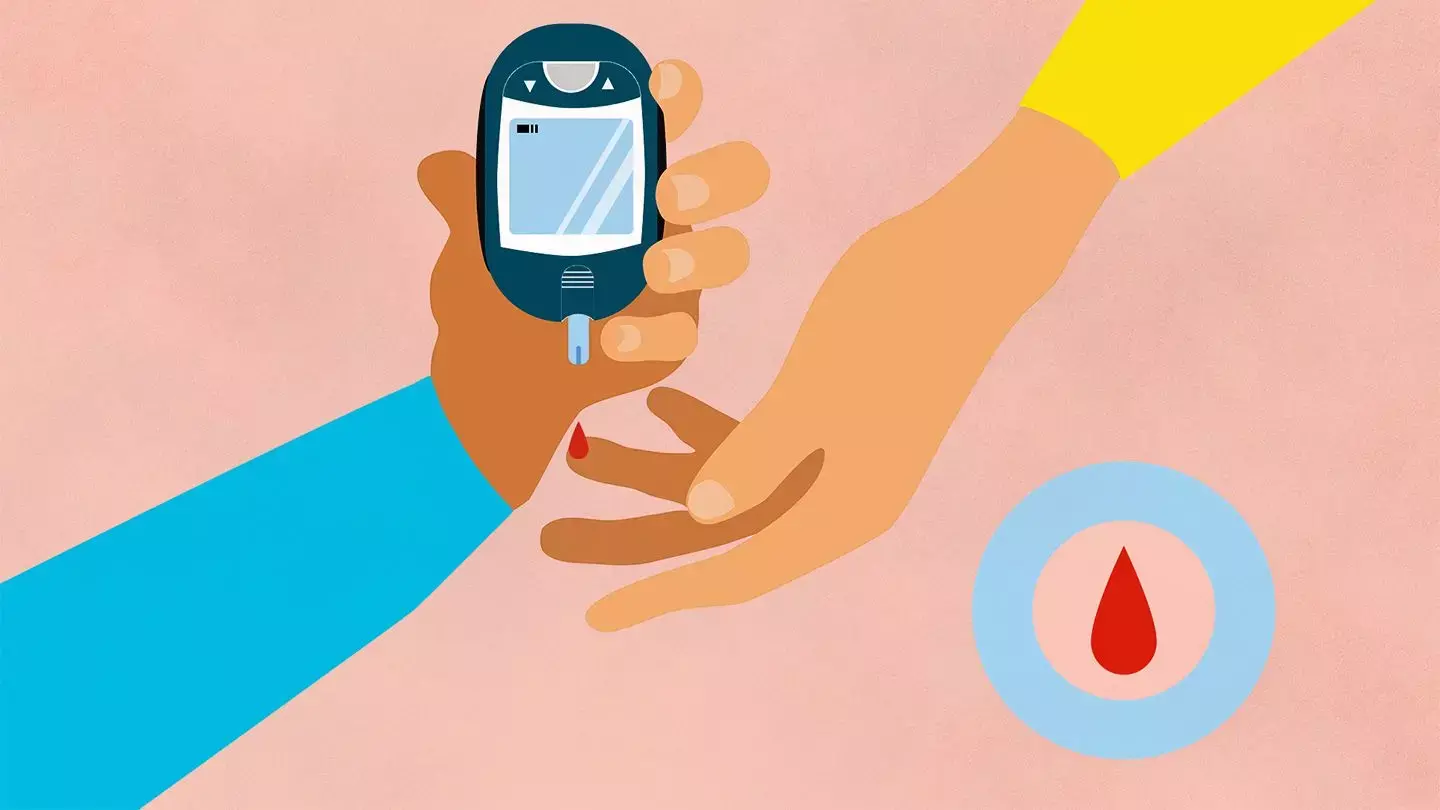- Home
- Medical news & Guidelines
- Anesthesiology
- Cardiology and CTVS
- Critical Care
- Dentistry
- Dermatology
- Diabetes and Endocrinology
- ENT
- Gastroenterology
- Medicine
- Nephrology
- Neurology
- Obstretics-Gynaecology
- Oncology
- Ophthalmology
- Orthopaedics
- Pediatrics-Neonatology
- Psychiatry
- Pulmonology
- Radiology
- Surgery
- Urology
- Laboratory Medicine
- Diet
- Nursing
- Paramedical
- Physiotherapy
- Health news
- Fact Check
- Bone Health Fact Check
- Brain Health Fact Check
- Cancer Related Fact Check
- Child Care Fact Check
- Dental and oral health fact check
- Diabetes and metabolic health fact check
- Diet and Nutrition Fact Check
- Eye and ENT Care Fact Check
- Fitness fact check
- Gut health fact check
- Heart health fact check
- Kidney health fact check
- Medical education fact check
- Men's health fact check
- Respiratory fact check
- Skin and hair care fact check
- Vaccine and Immunization fact check
- Women's health fact check
- AYUSH
- State News
- Andaman and Nicobar Islands
- Andhra Pradesh
- Arunachal Pradesh
- Assam
- Bihar
- Chandigarh
- Chattisgarh
- Dadra and Nagar Haveli
- Daman and Diu
- Delhi
- Goa
- Gujarat
- Haryana
- Himachal Pradesh
- Jammu & Kashmir
- Jharkhand
- Karnataka
- Kerala
- Ladakh
- Lakshadweep
- Madhya Pradesh
- Maharashtra
- Manipur
- Meghalaya
- Mizoram
- Nagaland
- Odisha
- Puducherry
- Punjab
- Rajasthan
- Sikkim
- Tamil Nadu
- Telangana
- Tripura
- Uttar Pradesh
- Uttrakhand
- West Bengal
- Medical Education
- Industry
Liver-targeted bolus insulin therapy reduces hypoglycemia risk in type 1 diabetes patients

Liver-targeted bolus insulin therapy in type 1 diabetes reduces hypoglycemia risk according to a recent study published in the Diabetes, Obesity and Metabolism
A study was conducted to investigate whether an increased bolus: basal insulin ratio (BBR) with liver-targeted bolus insulin (BoI) would increase BoI use and decrease hypoglycaemic events (HEv).
They enrolled 52 persons (HbA1c 6.9% ± 0.12%, mean ± SEM) with type 1 diabetes using multiple daily injections. Hepatic-directed vesicle (HDV) was used to deliver 1% of peripheral injected BoI to the liver. A 90-day run-in period was used to introduce subjects to unblinded continuous glucose monitoring and optimize standard basal insulin (BaI) (degludec) and BoI (lispro) dosing. At 90 days, BoI was changed to HDV-insulin lispro and subjects were randomized to an immediate 10% or 40% decrease in BaI dose.
The Results of the study are:
- At 90 days postrandomization, total insulin dosing was increased by ~7% in both cohorts.
- The −10% and −40% BaI cohorts were on 7.7% and 13% greater BoI with 6.9% and 30% (P = .02) increases in BBR, respectively.
- Compared with baseline at randomization, nocturnal level 2 HEv were reduced by 21% and 43%, with 54% and 59% reductions in patient-reported HEv in the −10% and −40% BaI cohorts, respectively.
Thus, study shows that liver-targeted BoI safely decreases HEv and symptoms without compromising glucose control. We further show that with initiation of liver-targeted BoI, the BBR can be safely increased by significantly lowering BaI dosing, leading to greater BoI usage.
Reference:
Ruth S. Weinstock et al. Reduced hypoglycaemia using liver-targeted insulin in individuals with type 1 diabetes. First published: 11 May 2022 https://doi.org/10.1111/dom.14761
Keywords:
liver‐targeted, bolus, insulin, therapy, type 1, diabetes, reduces, hypoglycemia, risk, Ruth S. Weinstock, Bruce W. Bode, Satish K. Garg, David C. Klonoff, Caroline El Sanadi, W. Blair Geho Douglas B. Muchmore, Marc S. Penn, Diabetes, Obesity and Metabolism
Dr. Shravani Dali has completed her BDS from Pravara institute of medical sciences, loni. Following which she extensively worked in the healthcare sector for 2+ years. She has been actively involved in writing blogs in field of health and wellness. Currently she is pursuing her Masters of public health-health administration from Tata institute of social sciences. She can be contacted at editorial@medicaldialogues.in.
Dr Kamal Kant Kohli-MBBS, DTCD- a chest specialist with more than 30 years of practice and a flair for writing clinical articles, Dr Kamal Kant Kohli joined Medical Dialogues as a Chief Editor of Medical News. Besides writing articles, as an editor, he proofreads and verifies all the medical content published on Medical Dialogues including those coming from journals, studies,medical conferences,guidelines etc. Email: drkohli@medicaldialogues.in. Contact no. 011-43720751


